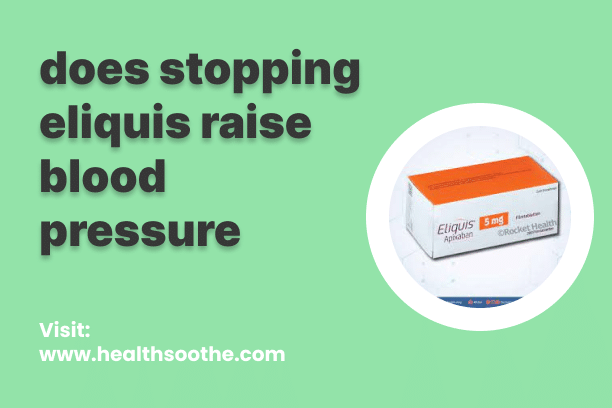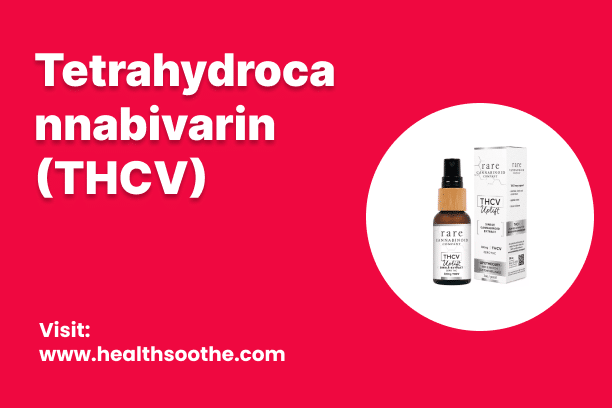Keeping your heart in prime health is important at any age. As you get older, what was once an incredibly strong muscle begins to weaken significantly. This is why it’s especially important for seniors to do whatever they can to make sure the heart stays as strong as possible in their golden years.
There are a lot of factors that go into maintaining a healthy heart. Making sure you get some form of activity each day is important, as is keeping up with prescribed medications as necessary if you have been diagnosed with a heart condition. If you haven’t been diagnosed with a heart condition and you want to prevent heart disease at an older age, adding heart healthy foods to your diet is the way to go.
Today, our friends at MedicareInsurance.com have helped us compile a list of the 5 best foods for increased heart health. They specialize in helping seniors live fruitful, healthy lives by helping them find Medicare plans that give them the healthcare coverage they need. They also strive to be a resource for healthy living for the senior community, which is why we’ve asked them to help us with this list today.
So, what are 5 of the best foods for increased heart health? Read on to find out!
1: Salmon
When you hear medical experts discuss heart healthy foods, salmon is always on the top of the list. This delicious-tasting fish gets high marks for the amount of Omega-3s that it packs per serving.
Omega-3s are healthy fats that can help lower your blood pressure. They’ve also been known to:
- Lower your triglycerides.
- Reduce inflammation.
- Lessen your risk of developing a heart rhythm disorder.
To get the most benefit out of salmon, experts recommend having it twice a week as the center of any meal. Salmon is excellent when baked in the oven with veggies, or it can add extra flavor to fish tacos and salads.
2: Oranges
Oranges, consumed in moderation, make a perfect sweet treat that can deliver a delicious alternative to cakes and candies. However, did you know that this juicy delicacy could also be good for your heart? It’s true!
Pectin is a natural fiber known to help lower cholesterol, and oranges are full of it. They’re also full of potassium, which can help control high blood pressure. In fact, research has shown that consumption of oranges has done wonders to help lower high blood pressure in men.
If you have a thirst for orange juice, grab a few oranges and squeeze yourself a cup. Researchers have noted that two cups of orange juice a day can be good for your blood vessels. Just remember, oranges can be incredibly sweet, so moderation is key.
3: Flaxseed
Flaxseed gets a lot of press these days as a highly-touted superfood. That press is well-deserved, as these little wonders can do a lot of good for your heart.
Within the tiny little shell of a single seed, there are three components that can help your heart improve its strength and function. Those three components are:
- Omega-3s
- Fiber
- Lignans - naturally-occurring phytochemicals that can provide a boost for heart health.
The wonderful thing about flaxseed is that you can put it in virtually anything. A handful of flaxseed can add an extra boost to your favorite smoothie, and it blends well into anything from baked goods to mustard. To get the best benefits, grind the seeds first and then add them to your favorite recipe!
4: Dark Leafy Greens
If you’re a salad lover, you’re already doing a big part to keep your heart as healthy as possible in your senior years. More than likely, that salad you’re eating is packed with all sorts of leafy greens. Leafy greens are packed with vitamins and minerals that are key to good heart health.
Most leafy greens out there are filled to the brim with nitrates. The nitrates contained in these fibrous goodies help open your blood vessels so that blood can reach your heart. Some of the most common leafy greens you’ll find in any recipe include:
- Lettuce
- Spinach
- Bok Choy Cabbage
- Arugula
- Kale
- Mustard Greens
If you’ve avoided eating greens because you dislike the flavor, they’re easy to make palatable! Try sauteeing them in olive oil or roasting them with a little bit of garlic to bring out the true flavor profile of any dark leafy green vegetable.
5: Walnuts
Almonds get all the glory when it comes to talking about healthy nuts and seeds. However, walnuts pack the most benefits for heart health. They’re also super-tasty, which makes them relatively simple to add to any diet.
A daily handful of walnuts can:
- Help lower bad cholesterol.
- Lower your blood pressure.
- Protect against inflammation in your arteries.
Walnuts are packed with heart-healthy Omega-3 fats, healthy monounsaturated fats, fiber, and plant sterols. Plant sterols are similar to cholesterol, which makes it easy for them to help block any bad cholesterol trying to enter your body.
The best use you can get out of walnuts is to help them replace the bad fats found in common processed foods. Add them to baked goods as a substitute for processed sugars or peanuts, or just simply grab a handful of walnuts instead of opening a bag of chips for a snack. They’re also pretty tasty in salads!
By no means is this a comprehensive list of the best heart healthy foods out there, but it’s a good primer to get you started on a journey toward living and eating healthier. Keep it as a guide to discover heart healthy foods, and use these foods to spruce up your everyday meals!
Speaking of living healthier, a comprehensive Medicare plan can help you make the best of your senior years. The knowledgeable licensed agents at MedicareInsurance.com can help you find and compare Medicare plans in your area that can meet your unique needs. Give them a call today at (800) 950-0608 to discover Medicare plans near you!







